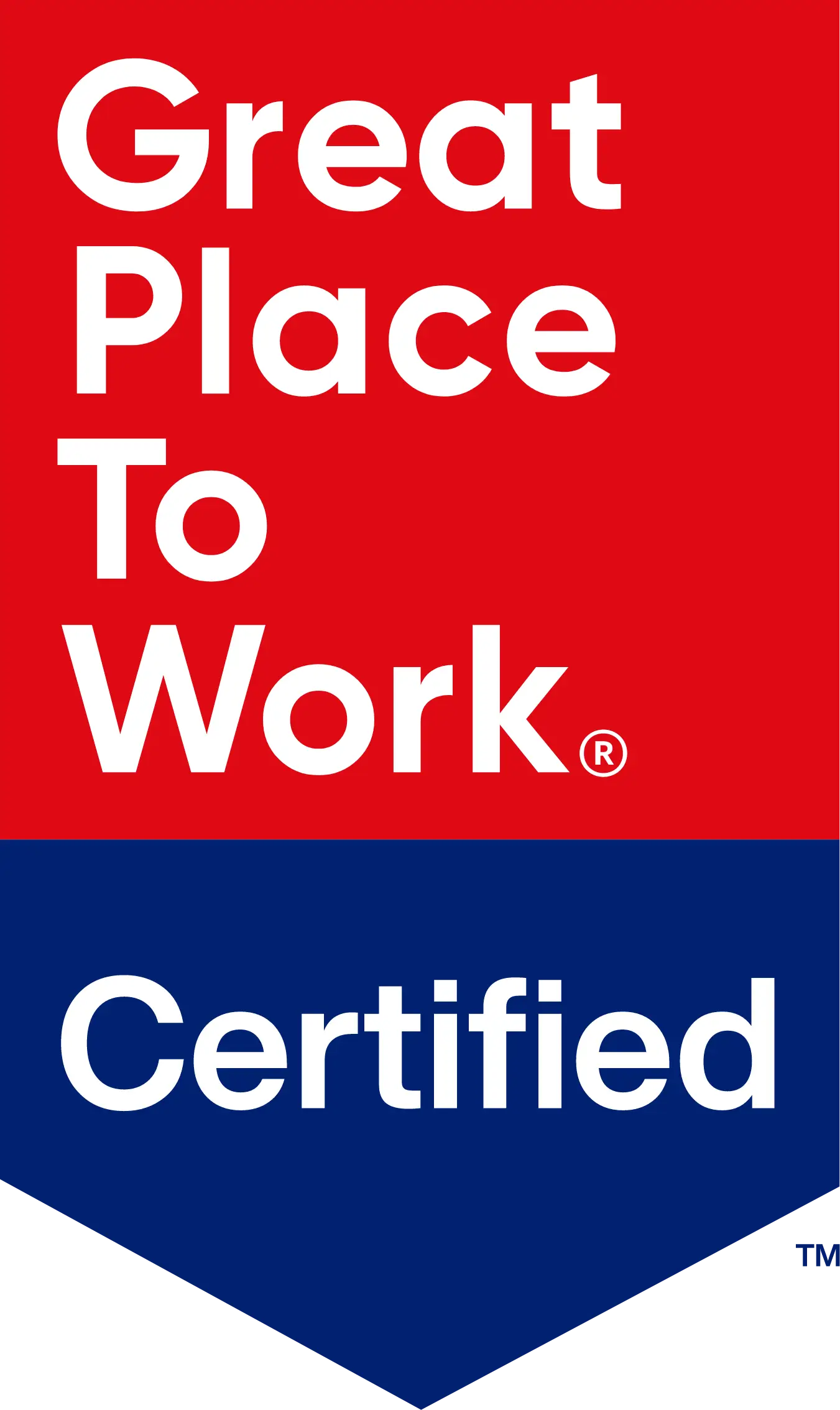
Share
Table of Contents
Identify the sources of stress Practice time management Practice self-care Seek support Take breaks Prioritize self-awareness Develop healthy coping strategies Build a positive work environment Set realistic expectations Celebrate small victories Stay organized Take a long-term perspective Monitor your stress levels Conclusion13 Tips to Manage Stress and Avoid Burnout in the Workplace
Burnout is a state of emotional, physical, and mental exhaustion caused by prolonged exposure to high levels of stress. It is a serious condition that can affect our performance, productivity, and overall well-being. The good news is that there are several ways to manage stress and prevent burnout in the workplace. In this article, we will discuss some effective strategies that can help you maintain a healthy work-life balance, reduce stress, and avoid burnout.
1. Identify the sources of stress
The first step in managing stress is to identify its sources. Take some time to reflect on what triggers your stress at work. Is it a heavy workload, tight deadlines, a difficult boss or coworker, or a lack of resources? Once you have identified the sources of your stress, you can take steps to address them.
For example, if you feel overwhelmed by your workload, you may need to prioritize your tasks and delegate some of them to others. If you are having difficulty with a co-worker or boss, you may need to have a conversation with them to resolve the issue. The key is to take action to address the sources of your stress rather than ignoring them.

2. Practice time management
Effective time management is essential for reducing stress in the workplace. Make a list of your tasks and prioritize them based on their importance and urgency. Break down larger tasks into smaller, more manageable ones, and set realistic deadlines for each one. This will help you stay focused and avoid feeling overwhelmed. Also, avoid multitasking as it can increase stress and reduce productivity. Instead, focus on one task at a time and give it your full attention. Take breaks between tasks to recharge your energy and reduce stress.
3. Practice self-care
Self-care is crucial for maintaining physical and mental health. It involves taking care of your physical, emotional, and mental well-being. Make time for regular exercise, healthy eating, and adequate sleep. Exercise can help reduce stress and improve mood, while a healthy diet and adequate sleep can improve overall health and well-being. Also, practice relaxation techniques such as meditation, yoga, or deep breathing exercises. These techniques can help reduce stress and promote relaxation.
4. Seek support
When dealing with stress and burnout, it is essential to seek support from others. Talk to a trusted friend, family member, or colleague about what you are going through. Sometimes, just talking about your feelings can help reduce stress and improve your mood. Also, consider seeking professional help if you are experiencing chronic stress or burnout. A mental health professional can help you develop coping strategies and provide support and guidance.
5. Take breaks
Taking regular breaks throughout the workday can help reduce stress and prevent burnout. Take short breaks every hour or two to stretch, walk around, or do something relaxing. This can help reduce muscle tension, improve circulation, and increase productivity. Also, take longer breaks to recharge your energy and prevent burnout. Use this time to engage in activities you enjoy, spend time with family and friends, or just relax and unwind.
6. Prioritize self-awareness
Self-awareness is a crucial component of managing stress and preventing burnout. Pay attention to your thoughts, feelings, and physical sensations throughout the day. Notice when you start to feel stressed or overwhelmed and take action to address it. Also, be aware of your strengths and weaknesses, and adjust your workload and responsibilities accordingly. If you know that you work best in the morning, for example, try to schedule your most important tasks during this time.

7. Develop healthy coping strategies
When dealing with stress, it is important to have healthy coping strategies in place. Some effective coping strategies include exercise, meditation, journaling, talking to a friend, or engaging in a creative activity. Avoid using unhealthy coping mechanisms such as drugs, alcohol, or overeating. These can provide temporary relief but can lead to long-term negative consequences
8. Build a positive work environment
A positive work environment can help reduce stress and prevent burnout. Build strong relationships with your colleagues, and cultivate a supportive and collaborative work culture. Encourage open communication and feedback, and be willing to help others when needed.Also, take steps to improve your physical workspace. Make sure your workspace is welllit, comfortable, and free from distractions.

9. Set realistic expectations
Setting realistic expectations is key to managing stress and preventing burnout. Avoid taking on too much at once, and be realistic about what you can accomplish in a given timeframe. Communicate with your boss and colleagues about your workload and expectations, and be willing to negotiate when needed. Also, be realistic about your own capabilities and limitations. Recognize that everyone has strengths and weaknesses, and focus on developing your strengths while working to improve your weaknesses.
10. Celebrate small victories
Celebrating small victories can help reduce stress and improve motivation. Take time to recognize and celebrate your accomplishments, no matter how small they may seem. This can help boost your self-confidence and improve your mood. Also, recognize the accomplishments of others and celebrate their successes. This can help build a positive work environment and foster a sense of collaboration and teamwork.
11. Stay organized
Staying organized can help reduce stress and increase productivity. Use a planner or calendar to keep track of your tasks and deadlines. Keep your workspace clean and organized, and develop systems for managing paperwork and other tasks. Also, use technology to your advantage. There are many tools available, such as project management software, that can help you stay organized and on top of your tasks.

12. Take a long-term perspective
Taking a long-term perspective can help you avoid burnout and maintain a healthy work-life balance. Focus on your overall goals and priorities, and make decisions that align with them. This can help you avoid getting bogged down in day-to-day stressors and distractions. Also, prioritize your well-being and take steps to maintain your physical and mental health. This can help you build resilience and prevent burnout over the long term.
13. Monitor your stress levels
Monitoring your stress levels can help you identify early warning signs of burnout and take action to address them. Keep track of your stressors and the symptoms of stress you experience. This can help you identify patterns and triggers, and make changes to prevent burnout. Also, use tools such as stress journals or self-assessment quizzes to monitor your stress levels. This can help you stay on top of your well-being and take proactive steps to prevent burnout.
Conclusion
Managing stress and preventing burnout in the workplace requires a holistic approach that addresses both physical and mental well-being, as well as your productivity and job satisfaction. By identifying the sources of stress and by incorporating these strategies into your daily routine, you can develop a more resilient mindset and better-coping mechanisms to handle the demands of your job.
 Back
Back














 Linkedin
Linkedin








